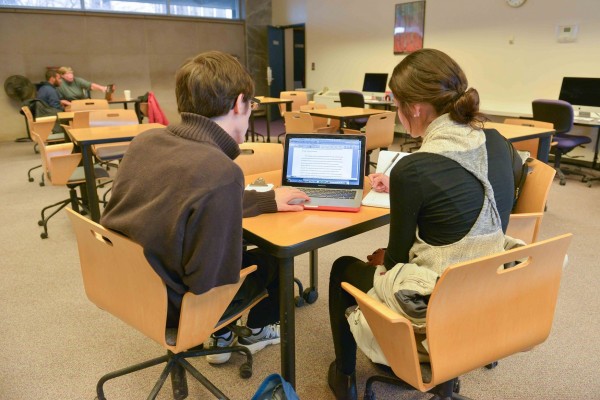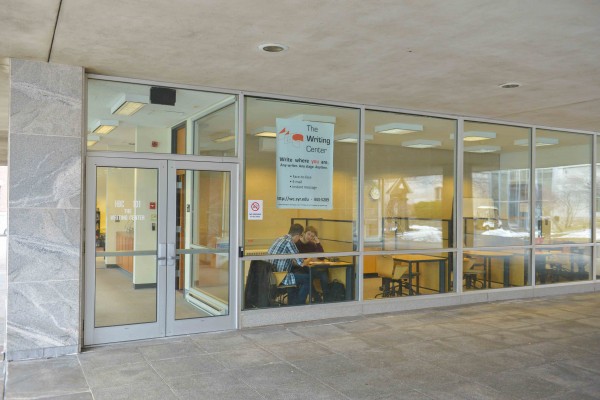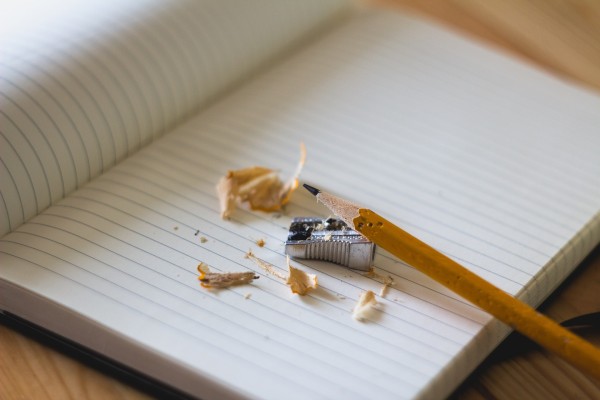Heartfelt Gift Recognizes Accomplished Alumna and 3 Generations of Orange
William Pelton and Mary Jane Massie have created the Barringer Pelton Public Service Graduate Scholarship to honor their niece, Jody Barringer ’95, L’98, G’08 (M.P.A.), and support future public servants. After working for a few years as an attorney focused…





